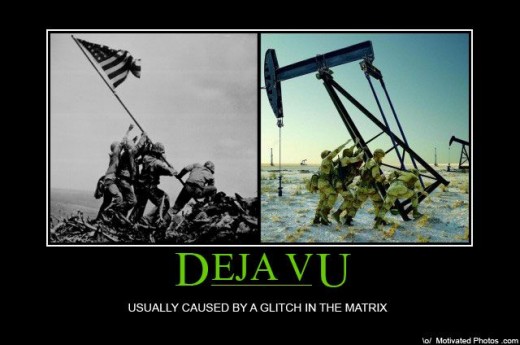

After several minutes, O’Connor brings his subjects out of their trance and asks them to gauge the familiarity of a new list of words-including some they’ve just heard under hypnosis. Others, like synod, are supposed to be unfamiliar.

Once their eyes have drifted shut, he has a computer read a list of 20 words aloud. In his study, he places subjects in a soundproof cubicle and puts them under hypnosis. For the past two years, he’s been trying to induce it in the laboratory. O’Connor, a graduate student in psychology at the University of Leeds in England, is one of a small group of researchers who are giving déjà vu a second look. It all seemed a carbon copy of a moment that I felt I must have experienced before.” In those few fleeting moments, he had a distinct feeling of déjà vu, a sensation that psychologists once considered too unpredictable and ephemeral to be studied in any systematic way. “Instantaneously, this feeling became not just about what I was looking at but about everything I was experiencing: The company I was in, the position in which I sat, the exact distances between myself and everything around me. “For a split second, I noticed that the geometry being formed by the individuals on-screen seemed extremely familiar,” he says.

DEJA VU PSYCHOLOGY DEFINITION QUIZLET TV
Not long ago, while watching TV with a few friends, Akira O’Connor was overcome by a bizarre sensation.


 0 kommentar(er)
0 kommentar(er)
